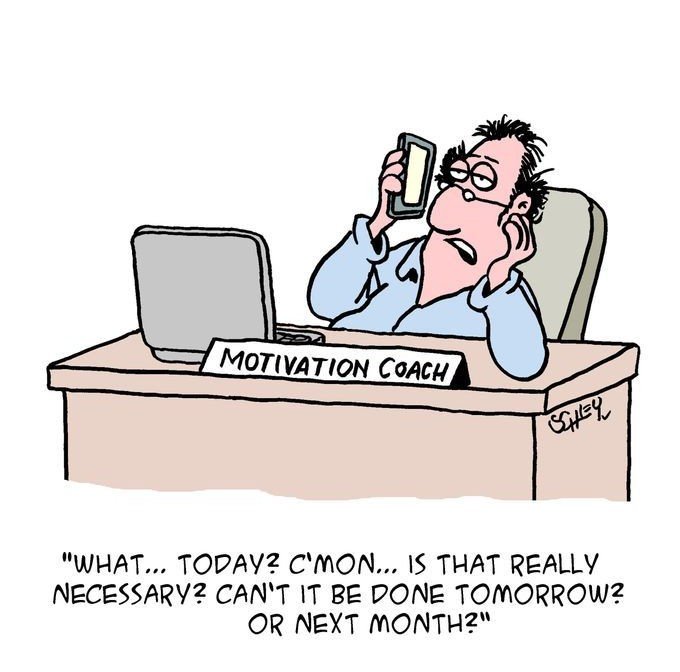Leading Others
It was silent on the other end of the line. I was in a conversation with a seasoned executive and had just delivered some coaching help concerning her leadership. I admit my first impulse was that I had offended her. I was wrong. In a moment she explained, “I am processing what you’re saying and applying it to my recent experiences. I am also thinking of how I’m going to use this information in the future.”
I came away from my conversation with a renewed respect for this leader. She demonstrated the two characteristics that all great leaders possess: the discipline to listen to feedback and the humility to learn from it.
With all of the turmoil in our society today, it appears that we need more leaders like her. Those who have the ability to truly listen and learn. Admitting that we don’t have all the answers and being open to gaining new insights is where respect begins.
I am actively working on the skill of listening to gain insight from those with different experiences and perspectives than mine. When we choose to lead with our ears first, we will make a difference.
Larry Little
Eagle Center for Leadership
Leading others means shaping an environment where people can do meaningful work, speak honestly, and contribute at a higher level because your presence brings clear direction and stability. That environment begins with how you set goals and explain what good looks like. It continues in how you share expectations and make thoughtful choices when pressure rises. And it becomes evident in the reliability of your follow-through, because people learn what to expect from you by noticing what you do again and again.
Leaders proficient in leading others have a profound impact on their organization. They create a work environment that is vibrant, productive, and conducive to creativity and collaboration. By instilling purpose and enthusiasm, these leaders not only drive their employees toward success but also cultivate a culture of innovation and continuous improvement. The result is a team that stays motivated and resilient, ready to meet challenges and seize opportunities.
“Legacy is not leaving something behind for other people. It’s leaving something behind in other people.”
Effective leadership is both a personal practice and a cultural force. It shapes how people work, how they grow, and how they respond when challenges arise. This final module focuses on leading others, the most visible expression of leadership, where your impact is measured not just by outcomes but by the capability and confidence you help others develop. It highlights the way your daily choices, consistent follow-through, and presence create the conditions for others to contribute at their best. Let’s get started!
Leading Others Skills Self-Assessment
Below, you will encounter a series of statements related to Leading Others. Please rate your agreement with each statement using the following Likert scale:
1 - Strongly Disagree: I struggle significantly with this aspect of Leading Others.
2 - Disagree: I have some difficulty with this aspect of Leading Others.
3 - Neutral: I am neither particularly skilled nor unskilled in this aspect of Leading Others.
4 - Agree: I am proficient and generally successful in this aspect of Leading Others.
5 - Strongly Agree: I excel at this aspect of Leading Others.



